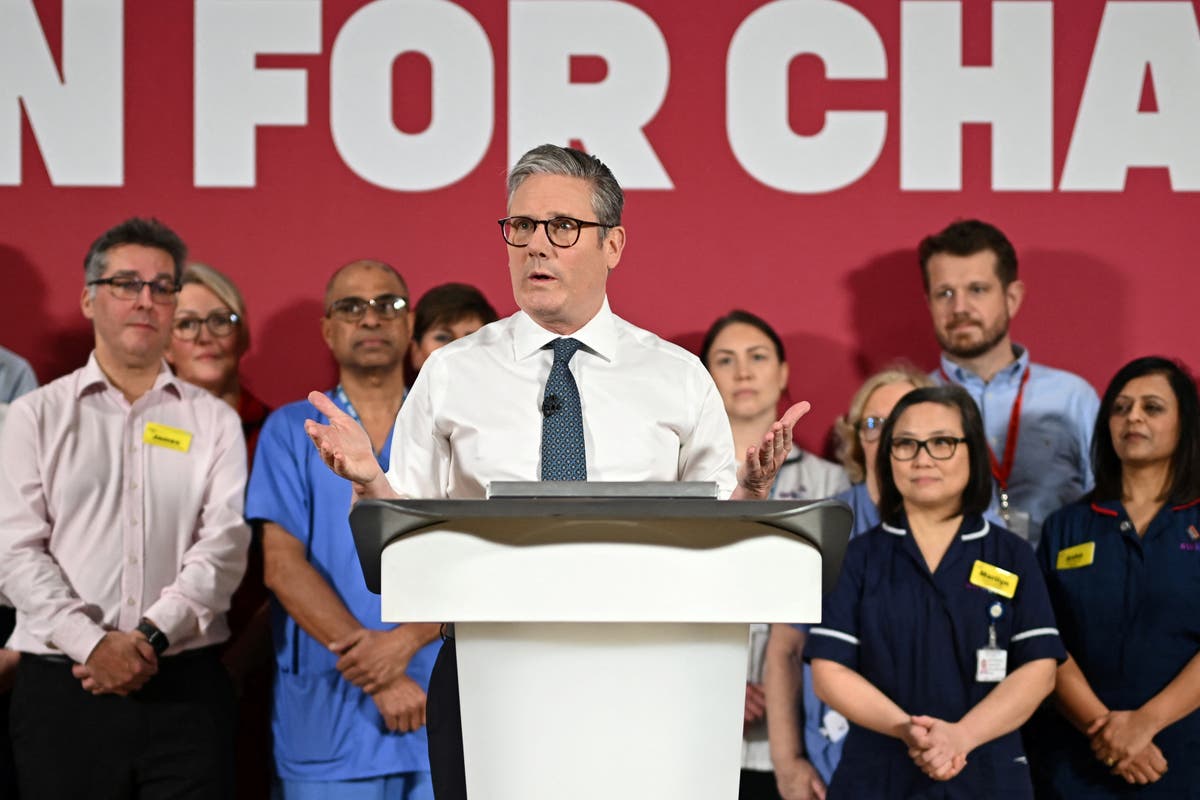The NHS app is set to become the primary method for accessing appointments and elective care information, a move aimed at reducing wait times and increasing patient choice. However, concerns remain about the digital divide, particularly among elderly patients.
The Health Secretary, Wes Streeting, responded to questions from Liberal Democrat MP Helen Morgan regarding elderly constituents' limited digital access. Morgan highlighted that a significant portion of elderly people lack the internet access or digital literacy required to fully utilize the app. These individuals, she argued, deserve equal access to information and appointment management.
Streeting acknowledged the digital disparity, emphasizing that alternative methods like phone-based appointments will remain available to ensure accessibility for all. This approach aims to leverage the phone lines for those without digital proficiency.
The government's plans, outlined in a Monday report, target a near-500,000 reduction in patients waiting more than 18 weeks for treatment. Crucially, 85% of acute NHS trusts will be required to enable online appointment access via the app by the end of March. Further expansion of the app's features for elective care is also planned for March 2027, making it the default method for patient choice.
Despite these initiatives, questions about long-term affordability and accessibility persist. Conservative MP Sir Edward Leigh challenged the government to be transparent about the financial implications of adult social care, specifically referencing the scrapped Dilnot Cap. This cap, proposed by Sir Andrew Dilnot and previously supported by the government, aimed to limit the financial burden on individuals receiving care.
Leigh questioned the government's honesty regarding the cap's unaffordability, urging a national dialogue on social insurance to address future care costs. Streeting responded by acknowledging the need for a broader conversation about financial responsibility amongst individuals, families, and the state, acknowledging the concerns raised by previous governments regarding catastrophic care costs.







